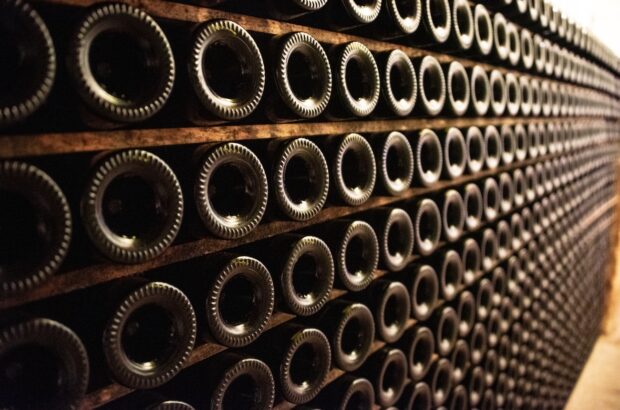Fine wine prices in 2013 could rise 14% above their 2012 year end level, a new forecast predicts.
The best time to enter the fine wine market?
The Wine Investment Fund, an unregulated collective investment scheme, says this is the best time to enter the wine market since 2009.
The risk profile of the market compares much more favourably to recent years, the author of the report, TWIF investment manager Chris Smith says.
‘Our realistic worst-case scenario [is] a fall of only 5%, whereas an increase of 25% by the [wine trading platform] Liv-ex 100 Index is well within the bounds of possibility.’
This will be welcome news to wine investors who saw the value of their liquid assets fall by 9% in 2012 and 15% in 2011, the first time since records began in 1988 that there have been two consecutive years of falling wine prices.
According to Smith, a former government economist, the three key factors which caused last year’s downturn were the global economic environment, a ‘dismal’ 2012 en primeur campaign and a high level of net sales by institutional investors – professional asset managers as opposed to private individuals.
The report claims that market conditions now appear much brighter.
‘First, the price falls in 2012 all took place in the first half of the year. The second half saw a return to stability and, towards the end of the year, some signs of a recovery,’ Smith said.
‘Second, the weak market has seen prices drop to levels well below trend, potentially allowing for a sharp recovery. And third, we have seen the institutional sales, which affected the market throughout the whole of 2012, falling away.’
In addition, the report argues that investors will become increasingly nervous about the inflationary effects of loose monetary policies by central banks.
‘Like gold, wine is a physical asset, which is immune to inflation and its value cannot be eroded by the actions of governments. It is therefore likely to attract attention when inflation fears rise.
‘We believe that now may prove to be as good a time to enter the market as we have seen since 2009,’ Smith said.
Written by John Stimpfig







